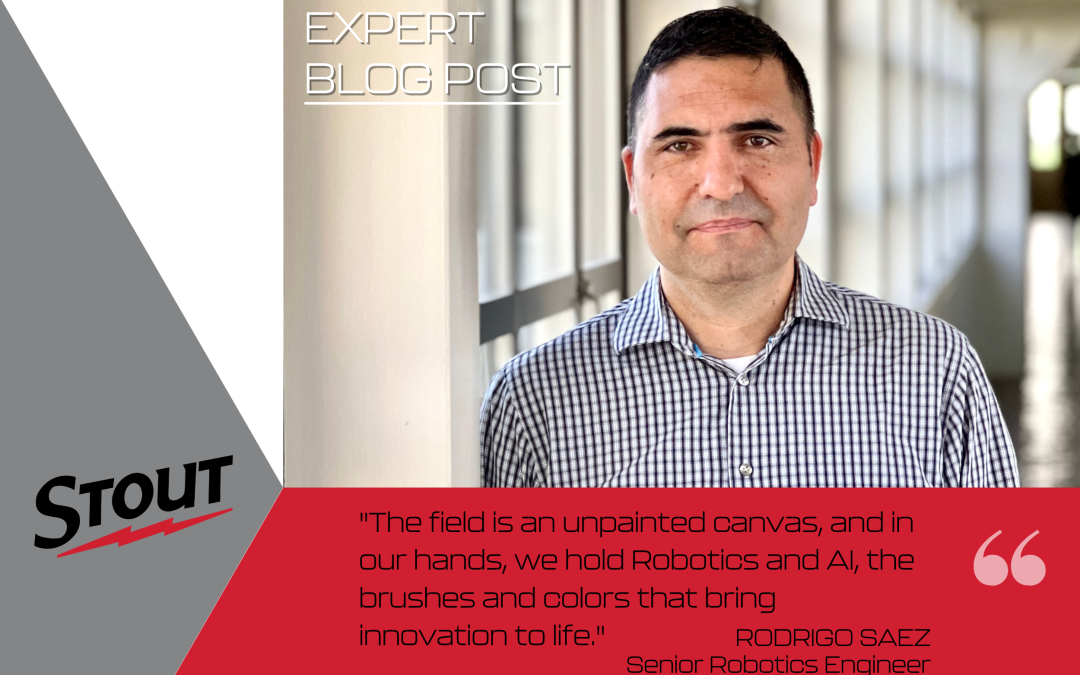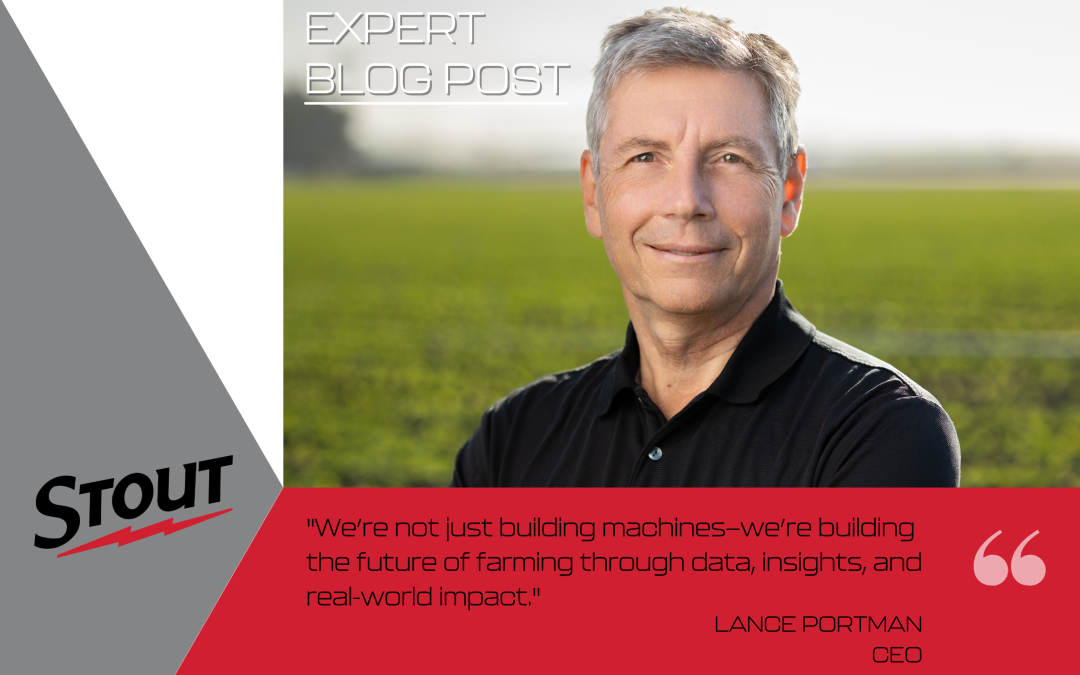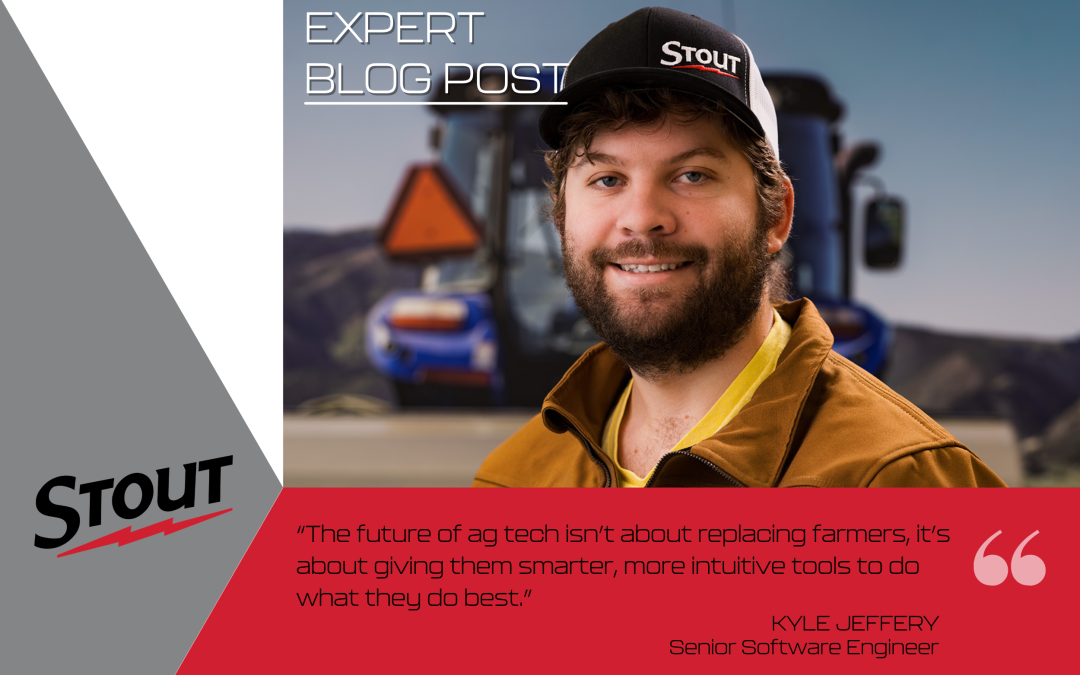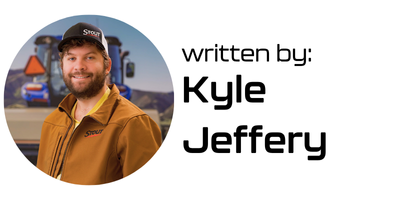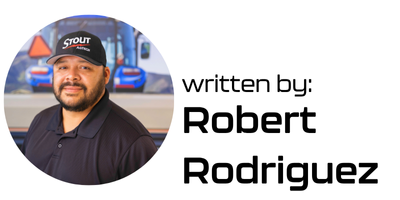I’ve been fortunate to work and lead across four continents, living in the U.S., Canada, Indonesia, and Singapore, and I’ve found that no matter the culture, religion, or background, people everywhere share the same core desires: to provide for their families and to do meaningful work. That understanding has shaped my leadership style. At Stout Industrial Technology, I focus on empowering people, listening to diverse perspectives, and encouraging collaboration across all functions.
When I joined the ag tech space after decades in oilfield services, I was drawn to the scale and purpose of agriculture. It’s one of the most noble industries in the world, essential to every community. I wanted to be part of a smaller, more agile industry where innovation could be driven quickly and directly in partnership with those who benefit from it most: farmers.
From Smart Cultivator to Smart Agriculture
While the Smart Cultivator is an incredible piece of technology, I don’t see Stout’s future as being just a cultivator company. We’re moving toward becoming a smart agriculture and smart data company. The Smart Cultivator is our entry point; it enables us to collect plant-level data that can then be transformed into actionable insights for growers.
Our vision is to provide predictive plant health metrics that help farmers increase yield, reduce costs, and make better decisions in real time. Hardware will remain important, but our revenue and growth will increasingly come from data and software solutions that deliver lasting value in the field.
Turning Data Into Impact
We’re on the verge of launching our basic first step approach of predictive plant health tools, which will allow growers to address issues before they impact yield, shifting the industry from reactive management to proactive strategy.
For me, every innovation must pass a simple test: does it deliver measurable value in the field? That could mean increasing yield, reducing labor, or lowering costs, but if it doesn’t impact one of those areas, it’s not worth pursuing.
Scaling With Integrity
Technology in agriculture only works if it’s been proven under real-world conditions. That’s why we “ground truth” everything we build, working with strategic partners like Tanimura & Antle, G’s and Monette Farms to test in actual fields before bringing products to market. This ensures we deliver solutions that not only perform in theory but also stand up to the challenges growers face every day.
Looking Ahead
Five years from now, I want Stout to be known globally as a trusted provider of agricultural data and insights, not just our Smart Cultivator. My goal is to help make food more affordable and accessible by improving yields and driving efficiency across the industry.
Innovation matters, but science matters more. By blending AI, automation, and deep grower partnerships, I believe we can help farmers meet the demands of a growing population while protecting the land and resources we all depend on.
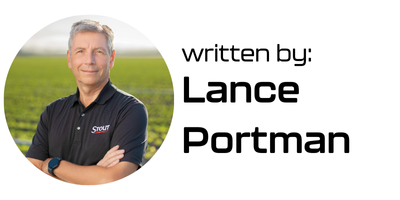
About Lance
Lance Portman is the CEO of Stout Industrial Technology, bringing over three decades of global leadership experience across the U.S., Canada, Indonesia, and Singapore. Before joining Stout, Lance served as President of PlantTape, where he guided the company through significant innovation and expansion. With a background spanning oilfield services and ag tech, he is passionate about using automation, AI, and predictive data to help farmers increase yields, improve efficiency, and shape the future of sustainable agriculture.
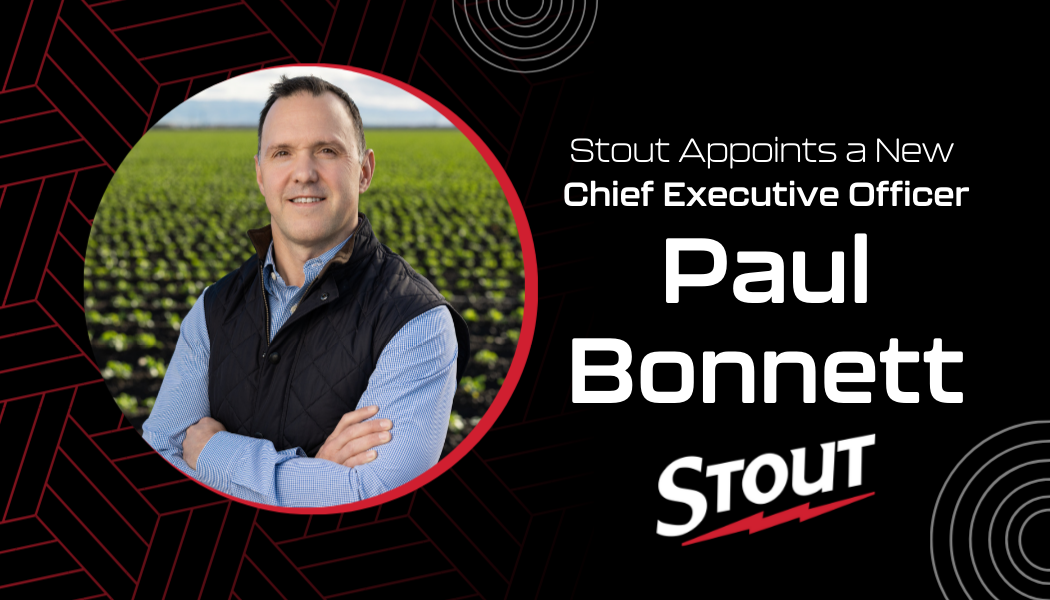
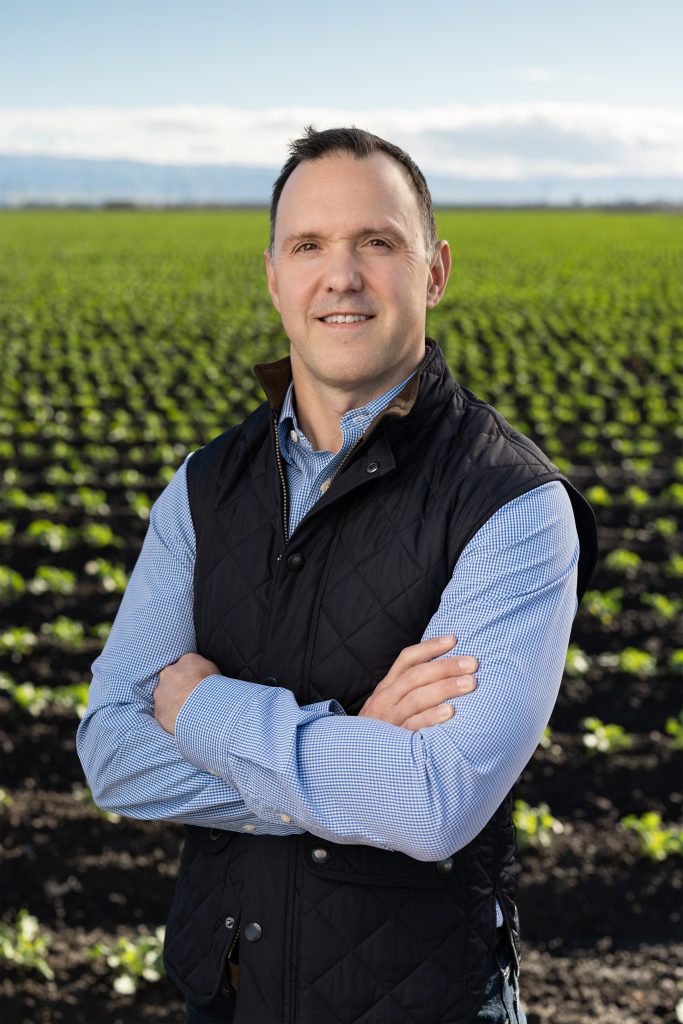
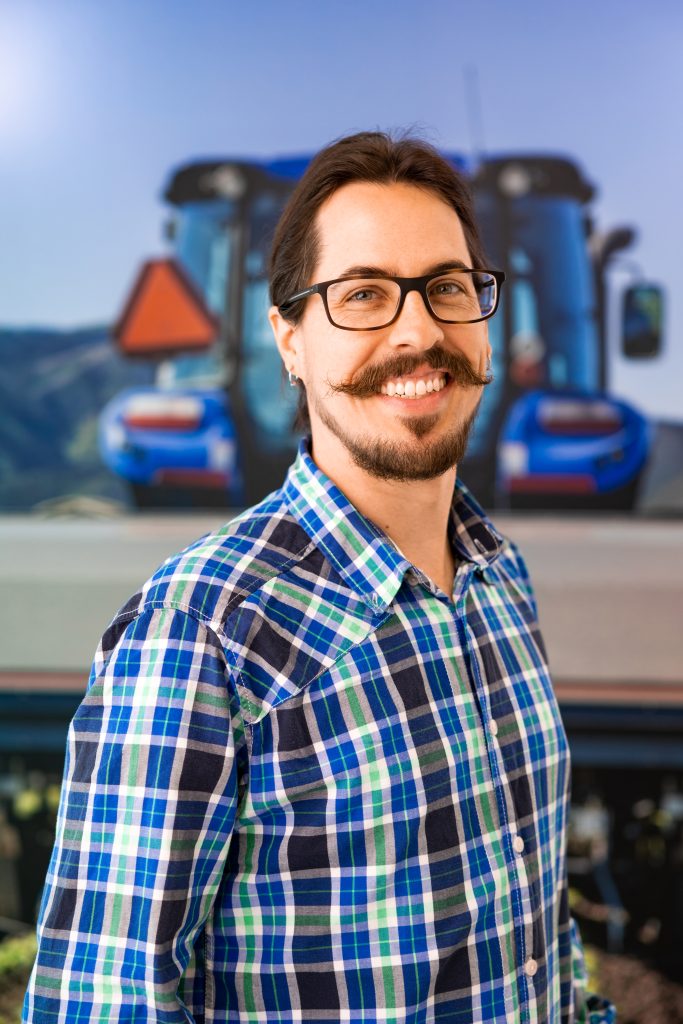 “Paul’s leadership and deep expertise in agronomy, data science, and technology make him the ideal choice to guide Stout into its next phase of growth,” said Steven Snyder, Co-Founder at Stout. “His proven ability to turn technology into measurable value for growers will strengthen Stout’s leadership in delivering actionable insights and ROI through field-proven automation and analytics solutions.”
“Paul’s leadership and deep expertise in agronomy, data science, and technology make him the ideal choice to guide Stout into its next phase of growth,” said Steven Snyder, Co-Founder at Stout. “His proven ability to turn technology into measurable value for growers will strengthen Stout’s leadership in delivering actionable insights and ROI through field-proven automation and analytics solutions.”
